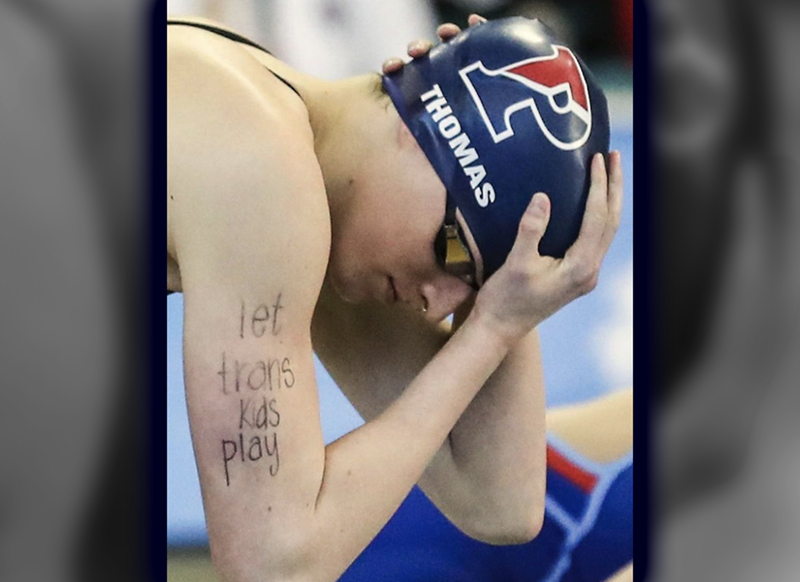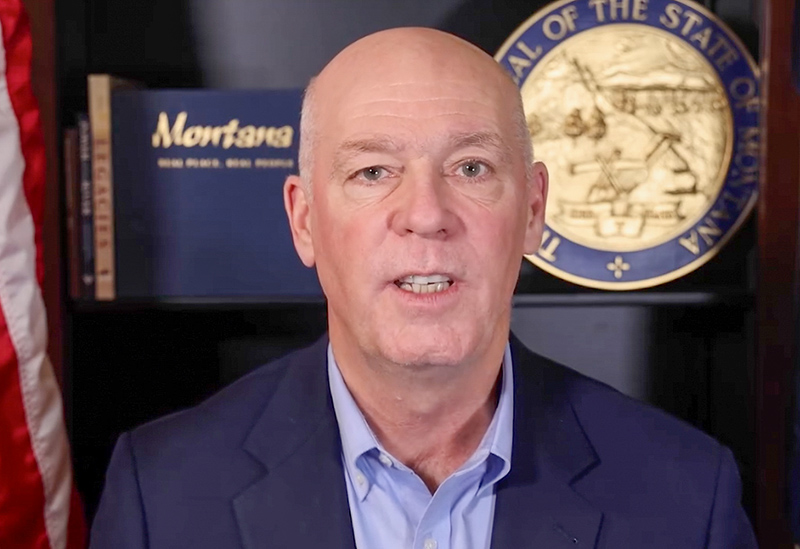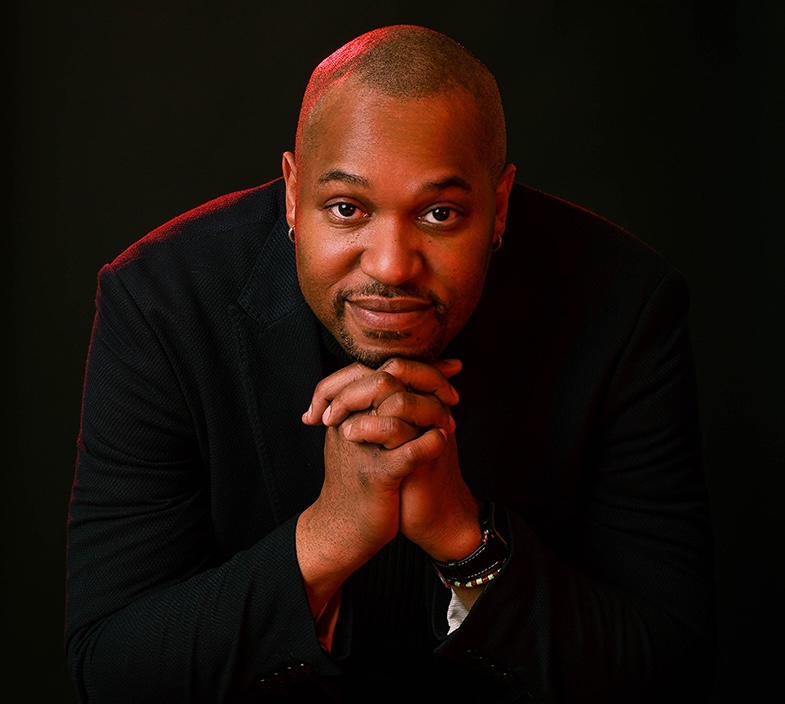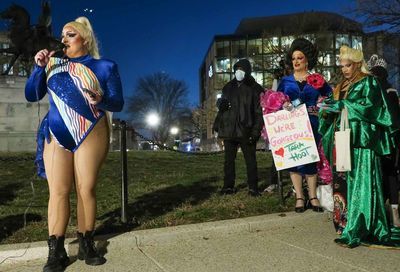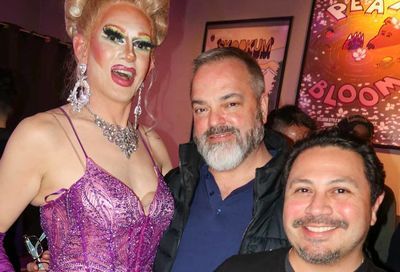Unpacking the Numbers
Racism, Poverty and the Response to Anti-LGBTQ Hate Crimes in D.C.
As a survivor of violence and a lesbian trans woman in a world that treats my identity as delusional or deceptive, I understand fear. I also understand the growing concern about the rise in reported hate crimes in D.C. Despite the Metropolitan Police Department’s failure to track anti-trans violence, it’s safe to say that many such incidents target trans people.
The numbers upset me, and they don’t even include cases that police fail to report, or that survivors fear reporting: undocumented immigrants who fear they’ll be deported, sex workers who fear they’ll be arrested, trans people who fear what the police might do when they find out that their ID card and appearance don’t match.
According to MPD’s statistics, from 2008 to 2009 anti-LGB hate crimes rose the most in Wards 7 and 8, encompassing the poorest neighborhoods in D.C. I have heard commentary from LGBTQ people implicitly or explicitly blaming “black churches” or “black people” for encouraging a climate of violence in these neighborhoods — completely erasing LGBTQ communities of color, especially those who are part of faith traditions.
Before we allow such racist nonsense to continue, we should ask ourselves a few questions.
First, with such a small sample size, are these numbers statistically significant? Biased crimes based on sexual orientation reported in Wards 7 and 8 rose from seven in 2008 to 10 in 2009. Is an increase of three reported crimes, comparing only two years, enough to warrant what the MPD calls a “marked shift”? While surely even one hate crime is too many, we should be wary of scapegoating these neighborhoods based on such limited data.
Second, are the figures accurate? Wards 7 and 8 are among the most heavily policed areas of the city. Perhaps the higher number of reported crimes is due more to disproportionate policing than disproportionate trans/homophobia.
But even if there are more incidents of anti-LGBTQ violence in Wards 7 and 8, is it reasonable to assume that people in these neighborhoods are “more trans/homophobic,” or are other factors in play? Many hate crimes start off as other crimes, such as muggings. With D.C.’s intense wealth gap, neighborhoods with the highest incidence of homelessness, addiction and other poverty-related problems are also likely to have the highest rate of muggings, theft and property crimes. Focusing on race in discussions about trans/homophobic violence obscures the role of poverty in promoting violence.
Finally, before we call for increased policing we should ask whether having more police on the streets is in anyone’s best interest. D.C. has one of the highest incarceration rates in the country, fed by programs such as the “Prostitution Free Zones” and “All Hands on Deck.” Such policies target marginalized communities like LGBTQ folks, especially poor and low-income young trans women of color. D.C.’s racially skewed prison population – only 2 percent white – underscores that point.
Due to employment discrimination, lack of family support, and insensitive or inadequate social services, LGBTQ people are more likely to end up on the streets, where their survival may depend on criminalized activities like sex work. Combined with police profiling, these factors increase the likelihood that LGBTQ people will be detained, arrested or sent to jail. Jail is a dangerous place for LGBTQ folks, particularly trans women. Many trans women are placed in male facilities, where they are at incredibly high risk of rape and contracting HIV.
We should all be concerned about anti-LGBTQ hate crimes, wherever we live. But we must not jump to dangerous conclusions – like pretending hate crimes only happen in some areas, blaming anti-LGBTQ hate crimes on people of color, or using this as a reason to call for more severe police tactics in those neighborhoods. If we want to stop the violence, we must critically ask how poverty and racism fuel transphobia and homophobia, and strive to develop creative strategies to end all of them.
Sadie Ryanne Baker lives in Northeast and works with the DC Trans Coalition, a human-rights organization for transgender, transsexual and gender nonconforming communities in D.C. (dctranscoalition.org.)
Support Metro Weekly’s Journalism
These are challenging times for news organizations. And yet it’s crucial we stay active and provide vital resources and information to both our local readers and the world. So won’t you please take a moment and consider supporting Metro Weekly with a membership? For as little as $5 a month, you can help ensure Metro Weekly magazine and MetroWeekly.com remain free, viable resources as we provide the best, most diverse, culturally-resonant LGBTQ coverage in both the D.C. region and around the world. Memberships come with exclusive perks and discounts, your own personal digital delivery of each week’s magazine (and an archive), access to our Member's Lounge when it launches this fall, and exclusive members-only items like Metro Weekly Membership Mugs and Tote Bags! Check out all our membership levels here and please join us today!



